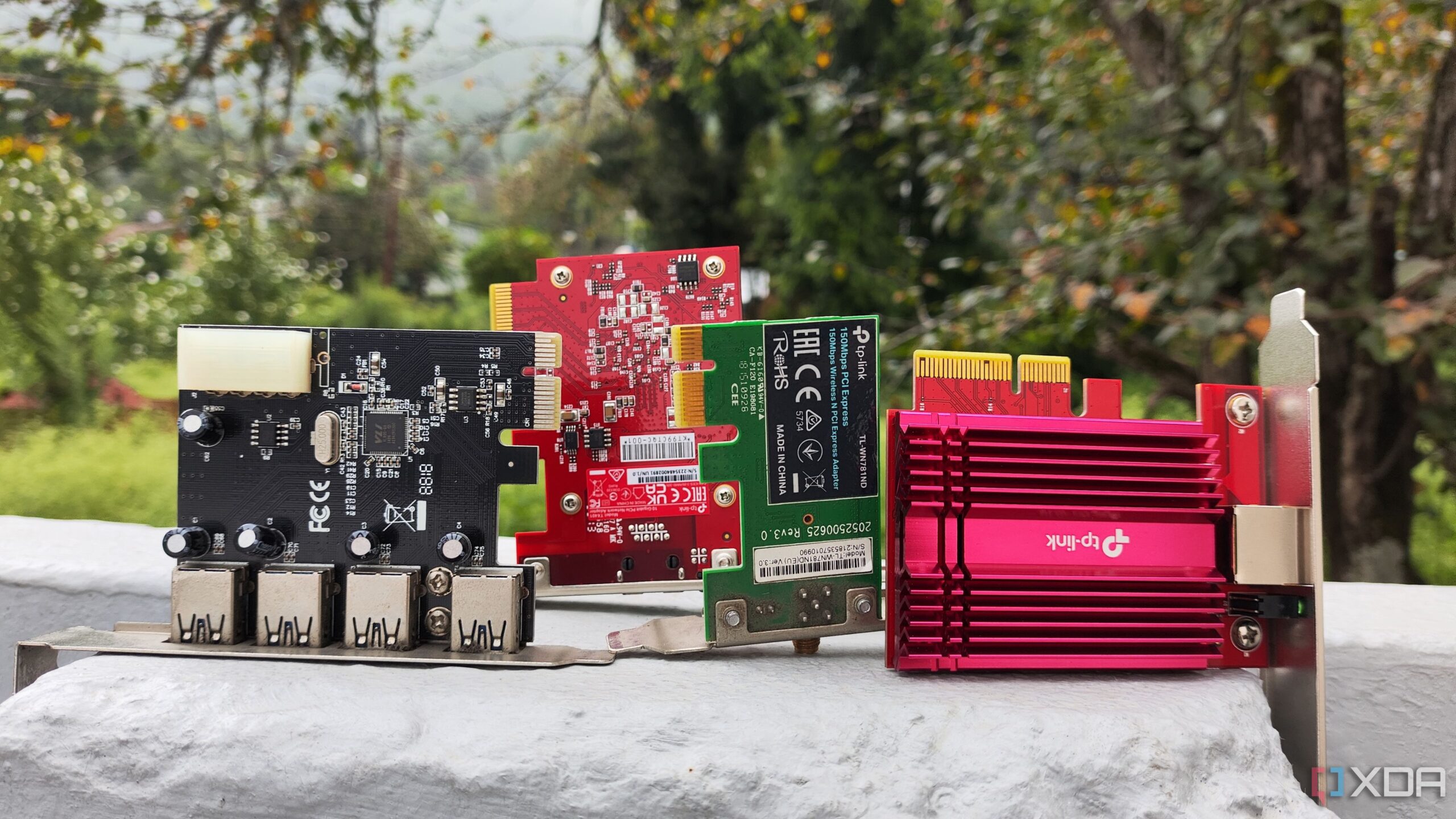URGENT UPDATE: New reports confirm that PCI Express (PCIe) devices are outperforming USB connections in speed and performance, making them a game-changer for PC enthusiasts and gamers alike. This revelation is crucial for anyone contemplating a new PC build or upgrade, as the choice between these two connection types can greatly impact overall system performance.
The stark contrast between PCIe and USB capabilities is highlighted by their bandwidth. A single PCIe 4.0 lane offers a staggering 2 GB/s, while a standard x4 slot can provide up to 8 GB/s. In comparison, a typical USB 3.2 Gen 2 port maxes out at 10 Gbps (approximately 1.25 GB/s), making PCIe connections the clear winner for high-demand applications. This is especially relevant for users who require stable, high-speed connections for activities such as gaming or video editing.
The following four PCIe devices are essential upgrades that can significantly enhance performance:
1. High-Speed Networking: In the battle between USB Wi-Fi adapters and PCIe Wi-Fi cards, the latter emerges victorious. USB adapters may offer convenience, but they often suffer from dropped connections and inconsistent speeds. In contrast, PCIe Wi-Fi cards provide a direct connection to the motherboard, ensuring stability and better thermal management. These cards also come with external antennas that enhance reception, making them the superior choice for reliable internet connectivity.
2. Audio Output: For audiophiles and gamers, a PCIe sound card offers unparalleled audio quality compared to USB DACs. While external DACs excel in isolating sound from electrical noise, they lack the comprehensive features of PCIe sound cards. A PCIe card integrates advanced customization options for surround sound, noise reduction, and multiple audio connections, making it ideal for a complete media experience.
3. M.2 SSD Slots: Modern motherboards often feature limited M.2 slots, but using PCIe adapters can unlock the full potential of SSDs. Unlike USB-connected external SSDs that struggle with thermal throttling, PCIe NVMe SSDs mounted on adapter cards benefit from direct, high-speed access to the processor. This setup not only maximizes performance but also ensures your SSD remains cool under demanding workloads, such as 4K video editing.
4. USB Expansion: In a surprising twist, PCIe expansion cards can actually add more high-performance USB ports to your setup. This solution circumvents the limitations of standard USB hubs by providing independent bandwidth, ensuring that all connected devices operate efficiently without interference. This upgrade is particularly beneficial for users looking to add modern USB-C ports or enhance connectivity for VR gaming.
As the technology landscape evolves, the choice between USB and PCIe connections becomes increasingly significant. While USB remains the go-to for transient devices and quick plug-and-play capabilities, PCIe is the champion of sustained performance and reliable upgrades. For those looking to build or enhance their PCs, prioritizing PCIe connections could lead to dramatically improved system capabilities.
Stay tuned for more updates as the tech community continues to explore the implications of these findings. The shift towards PCIe devices marks a pivotal moment for gamers, creators, and tech enthusiasts alike, emphasizing the need for superior performance in today’s demanding digital environment.
